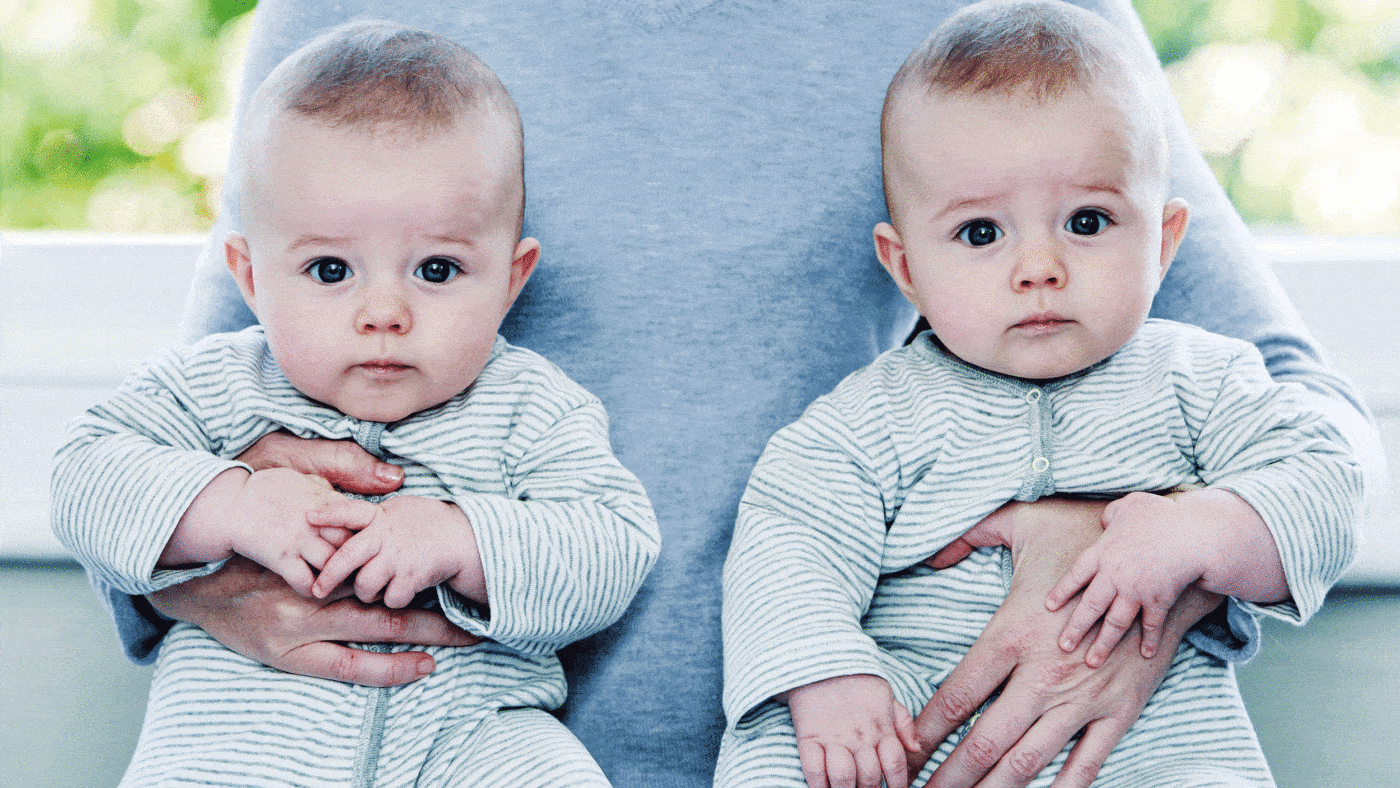The demographer Paul Morland caused controversy at the weekend by arguing that Britain needs to tax the childless to tackle our declining birth rate. Intervening in people’s fertility decisions is tricky territory, especially given the storm over the US rolling back abortion rights. But Morland is right that this isn’t a subject we can duck.
We live in an aging society, with a narrowing base of workers supporting an ever-growing number of pensioners. This situation is set to get much worse in coming decades. In 1999, one in six of the UK’s population was over 65. By 2019, it was one in five. By 2050 it’s set to be one in four. There are likely to be about 7.5m more older people by 2069 than there are today. The fastest increase will be among those over 85, an age group that is expected to more than double over the next 25 years. At the same time our birthrate is dropping. From nearly three children per woman in 1960, to less than two per woman in 1980 and only just over one and a half per women in 2020. There has been a particularly steep decline since 2012.
These trends are worrying from a social as well as an economic point of view. For many of us, family is where we turn when times are tough, it is where our values are formed, it is the springboard for our future and the soft landing when things go wrong. Family doesn’t have to mean children of course, but a declining birth rate suggests a narrowing of family networks, and there are growing numbers of people living alone and feeling isolated.
But it would be callous folly to impose additional taxes on those without children. And some of Morland’s other suggestions – including gimmicks like a day to celebrate parenthood or a telegram from the Queen for a third child – won’t touch the true drivers of our situation.
So, what is the answer?
We could start by ending policies that actively punish families, most obviously the two-child limit on benefits. Research suggests that this has had a measurable but small impact on fertility, whilst significantly increasing poverty and hardship among those families affected.
A recent survey of demographers highlighted free childcare and flexible working as the two policies seen as having most impact on increasing birth rates. This speaks to a broader point – people have children when they can shape their circumstances to support family life. So, what do you need to feel you can start a family? A stable, affordable home to live in. Work which provides a decent standard of life and enough flexibility and security to balance caring and earning. Affordable, trusted childcare. Ideally, a partner to share both the burdens and the joys of parenthood. If that relationship breaks down, the ability to draw on the right financial and emotional support to get by and give your child a good start in life.
Looking at this list, it’s not hard to see why the UK’s birth rate is so anaemic. The high cost of housing leaves young people stuck living with their parents or paying sky high rents for rooms in shabby, insecure house-shares. The UK has the second highest childcare costs in the OECD. According to the Institute for Fiscal Studies, nearly half of lone parent families were in poverty before the pandemic. The UK has low and falling maternity pay and growing numbers of parents struggling to get by in insecure, poorly paid jobs, whilst three quarters of jobs advertised in the UK don’t have any flexible options.
What we need is a strategy to tackle the growing imbalance between our aging population and falling birth rate – not an iniquitous tax grab on childless households. Our tax system already recognises that supporting families is a public good and requires everyone to contribute to education, maternity care and so on regardless of whether they have children themselves. Increasing this support for children in our tax and benefit system would help turn back the rising tide of poverty and give all our children a good start in life. We do need to tap into new sources of funding for policies to support families better, but housing wealth and unearned income would be the fairest and most effective sources. It would be unnecessary, divisive and heartless to punish those who can’t have children or have lost children or don’t want to have them.
Such proposals distract from tackling the real challenges that hold people back from having children. Enabling young people to get into their own home, both through more affordable ownership and stable renting. Increasing access to good quality, flexible, secure jobs. Improving maternity pay and encouraging more equal sharing of parenting and domestic work between mothers and fathers. Reducing the cost of childcare and increasing quality and flexibility. In short: we need a strategy to support families, not one to punish those without children.
Click here to subscribe to our daily briefing – the best pieces from CapX and across the web.
CapX depends on the generosity of its readers. If you value what we do, please consider making a donation.


